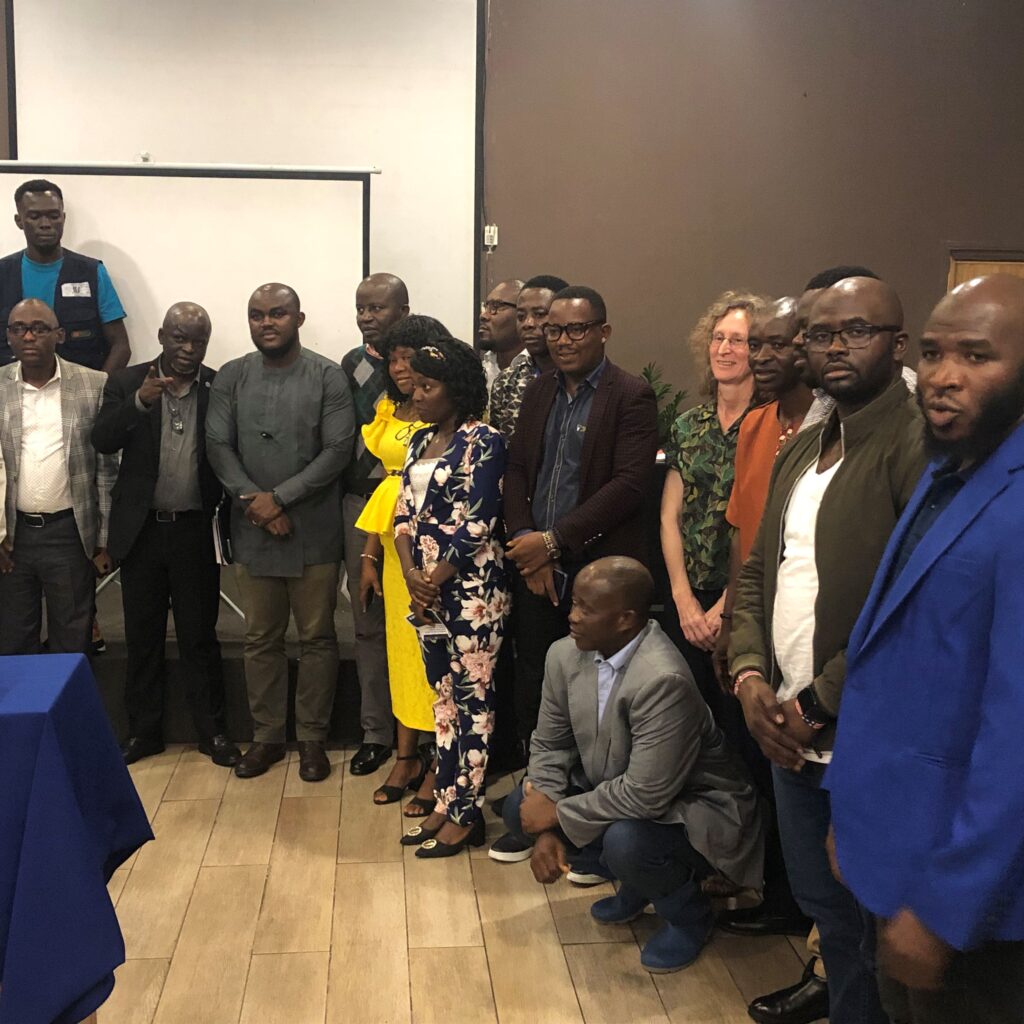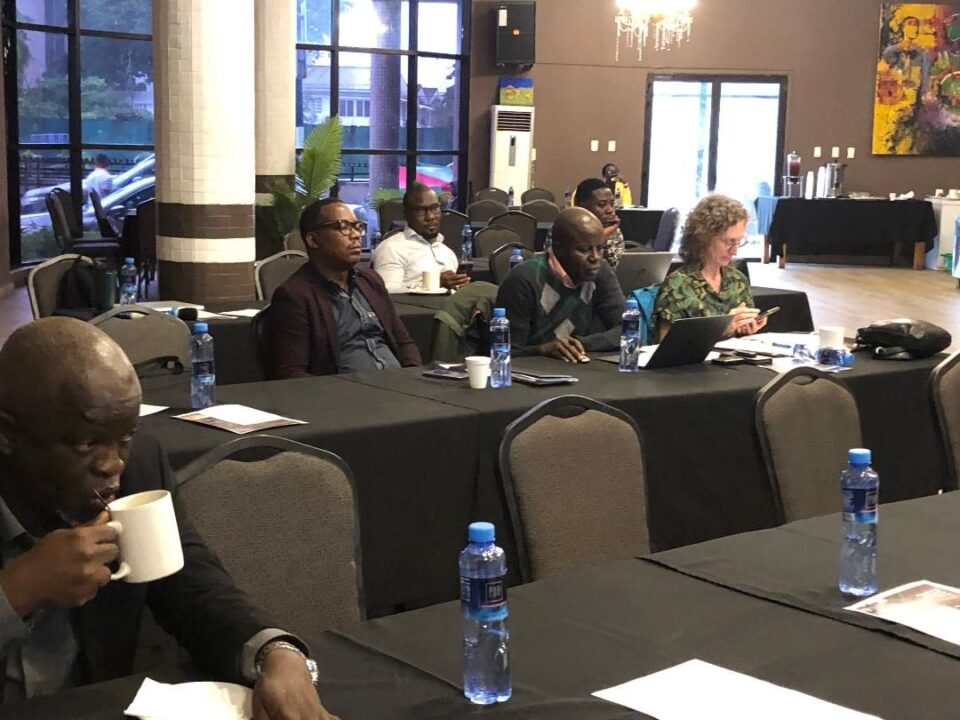Monrovia, Liberia- The Food and Agriculture Organizations (FAO) of the United Nations has launched its first Liberia Soil information system in collaboration with the Ministry of Agriculture and University of Liberia
The launch of the Liberia soil information system took place in Monrovia on Wednesday, August 9, 2023.
Speaking at the opening of the launch, head of programme at FAO Octavius Quarbo said, this has been a long journey since 2014-2016 which didn’t materialize until 2019-2020 when the process started.
Mr. Quarbo added that jumping down from his initial budget US5m that was developed by the technical team to collect the primary data across the country but was avail less than US$500,000 with Nimba County emerging as the only County to collect the primary data.
According to him, with the minimum resources, they were able to upgrade the University of Liberia soil laboratory to a high standard and accessible level.

The FAO representative also indicated that they also procured equipment that are needed for the operational use at the Agricultural Ministry.
Base on the data collected, they were able to develop this system in order to have information on the Liberian soil system and they taught to do the rest of fourteen counties with an analysis which cost US2.5m but still looking forward to get it.
Appropriate soil information is critical for effective land management to restore, protect, and promote sustainable use of terrestrial ecosystems to combat desertification and halt land degradation and biodiversity loss (SDG)to promote ensure sustainable and productive agriculture (SDG2).
At the FAO council in 2012, countries agreed to establish the Global soil partnership (GSP) as a voluntary global initiative with it mandate to improve governance of the limited soil resources of the planet to guarantee healthy and productive soils for a food secure world, as well as support other essential ecosystems services. With the secretariat hosted by FAO, the GSP works along the six action areas it’s action framework 2022-2030 among the six action areas under its Action framework among which include strengthening soil governance, promote knowledge and literacy on soils and assess map and monitor soil health in a harmonized way.
According to FAO report Status of the world’s soil resources (2015), approximately 33% of our soils are degraded. In sub-Sahara Africa, waters and wind erosion account for 77% of the region’s soil degradation. Liberia has been identified as one of areas most seriously affected by erosion.
Liberia first digital soil information system FAO initiated the country’s first national soil surveys and mapping. The project has successfully set up the first operational soil laboratory nationally at the University of Liberia, established a digital soil information system named Liberia Soil information system (LIBSIS) and developed laboratory standards procedures, standard operating procedures for soil analysis and a first draft of soil manual.
The project also built and strengthened capacities among stakeholders including young graduates on basic soil parameters analysis for crop production and recommendations on fertilizers usage as well as soil data collection and digital information management.
The Liberia Soil information system expected results include decentralized soil survey and analysis to capture the entire country by setting up three additional laboratory hubs conducting periodic proficiency test on the laboratory standard for harmonization and comparability developing and sustainable managing the national soil laboratory network with the linkage to and support from metrology stations.
Liberia soil information system (LIBSIS)as a national digital soil data repository by organizing additional sampling surveys for 14 counties within Liberia creating nationwide soil property and suitability maps with additional soil information products from newly collected data and regularly updating soil data and maps on LIBSIS among others.
For his part, the program officer for environment, climate and natural resources at the Sweden Embassy Jenkins Flahwor said, the platform will be very useful for several different reasons.
He maintained that they as donor partners the soil information system will help them in making decisions specifically small farm holders and they will support small scale farmers.
Mr. Flahwor added that the formation of this platform rest on the shoulder of the Ministry of Agriculture and concluded that they are deeply partnering with FAO on different initiatives.
Also speaking was the European Union Geertrui Louwagie program manager and food security cooperation section said, they are willing to fund the initiative of the soil information system and will also support other initiatives if they have reliable soil information.
He revealed that they earlier recognized other initiatives at the Ministry of Agriculture and the EU has expressed interest in funding the initiative.
Meanwhile, the chief of staff in the office of the Agriculture Minister Ansue Konneh who served as chief launcher of the Liberia Soil Information System said he have had no details information on soil map in Liberia which is part of their co-function.
Soil map is something we need to have access to in order to make an informed decisions adding that we need to have a sustainable data base system including details and row data.
He recommended to the partners to have the data or soil map simplify into local dialect in order for locals to know the importance of the soil information system and soil map.

